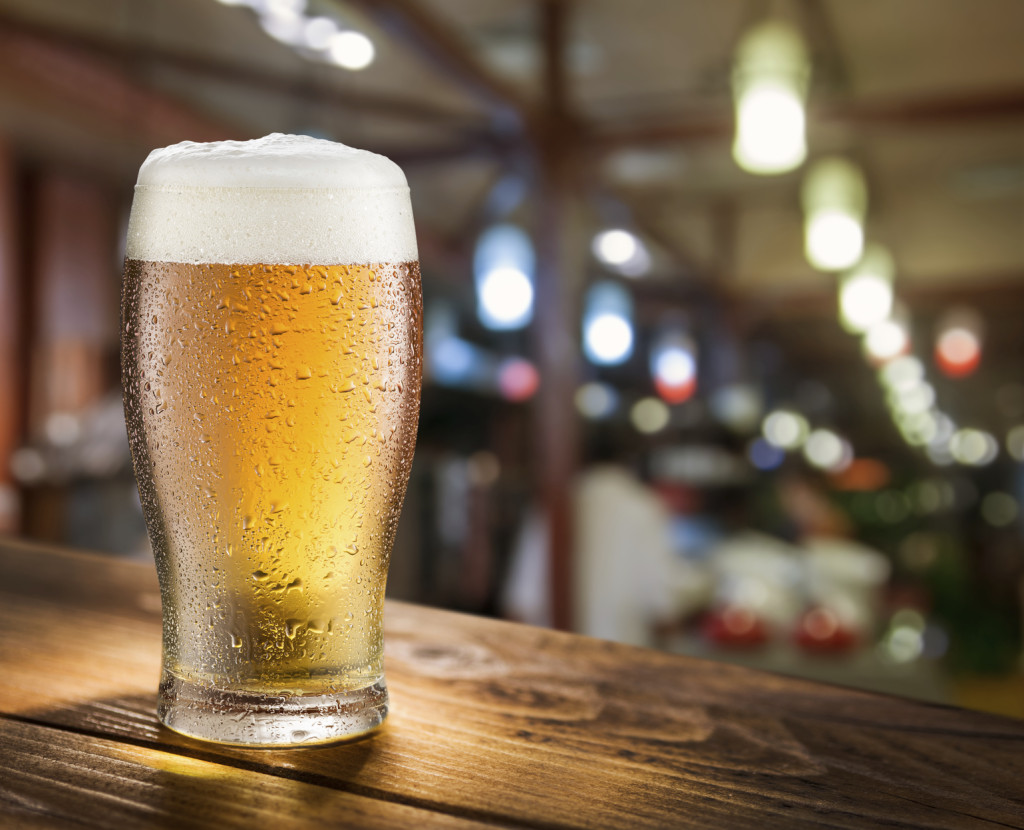Dealing with alcohol addiction or abuse requires a complex approach as well as several necessary steps. The first thing to do is cut back the alcohol intake or completely stop drinking and face an alcohol withdrawal syndrome. Perhaps it is why they say that the first step to recovery is the hardest to take.
Alcohol withdrawal, especially after several months or years of heavy drinking, is always accompanied by both mental and physical problems, making this recovery stage very challenging to overcome for many alcohol-dependent people.
In this article, you will find information about the most common alcohol withdrawal symptoms that may change from mild to severe, how to deal with them properly and when to see a doctor.
What is Alcohol Withdrawal Syndrome?
Alcohol withdrawal is a term used to describe the mental and physical symptoms that result from abruptly stopping or cutting back alcohol consumption after a long time of heavy drinking.
According to experts from arcproject.org.uk, the severity of alcohol withdrawal symptoms depends on the degree of alcohol dependence or addiction, and the amount of alcohol consumed daily, the duration of its use and other factors like a person’s age, overall health condition and mental state.
Alcohol Withdrawal Causes
The primary reason for alcohol withdrawal is that alcohol affects how brain chemicals called neurotransmitters work. When people drink heavily over a long period of time, their brains become accustomed to a high level of those chemicals.
When they suddenly stop consuming alcohol, their brain reacts by having an uncontrolled release of neurotransmitters. This results in the classic symptoms of alcohol withdrawal syndrome. After the initial signs of alcohol withdrawal have disappeared, the body starts to restore itself, and brain function returns to normal.
Alcohol Withdrawal Symptoms
Alcohol withdrawal symptoms typically begin within 8-12 hours after the last drink, but they can also occur even after 24 or more hours. Symptoms of alcohol withdrawal are not the same for all people who quit drinking. They vary in type, intensity and duration, depending on the amount and length of time people have been abusing alcohol.
There are two main types of alcohol withdrawal syndrome: mild and severe. Mild alcohol withdrawal symptoms are relatively easy to deal with, but severe ones require immediate medical attention.

Mild Alcohol Withdrawal Symptoms
Mild alcohol withdrawal symptoms tend to affect the mental functions and physical sensations and include:
- confusion
- irritability
- restlessness
- nausea
- fever
- racing heart
Severe Alcohol Withdrawal Symptoms
It has been estimated that nearly half of all people with alcoholism who go through detoxification experience some form of severe alcohol withdrawal syndrome.
Severe alcohol withdrawal symptoms are classified into two categories: early and late stage. Early-onset withdrawal typically begins from 4-6 hours after the last drink, and late-onset withdrawal occurs after 12 hours or more.
Early-stage symptoms include:
- sweating (profuse)
- tremors or shakiness
- insomnia or drowsiness
- nausea or vomiting
- confusion or disorientation
- fever or chills
- rapid pulse, racing heart
Late-stage symptoms include:
- mood swings
- delirium tremens
- psychosis
- psychomotor agitation
- hallucinations
- seizures
- coma
- cardiac arrhythmia
- death
Hallucinations, seizures, psychotic episodes or delirium tremens (DTs) are considered the most severe form of alcohol withdrawal syndrome. However, the most common symptom is visual impairment caused by brain swelling. Other symptoms include paranoia, severe agitation, dementia, short-term memory loss.
Treatment
The first step to take when a person suffers from alcohol withdrawal syndrome is to recognise it. Many alcoholics deny that they have a drinking problem until they experience severe symptoms during the first alcohol withdrawal syndrome stage.
Thus, it is crucial to know what to expect and timely recognise the symptoms. Dealing with mild alcohol withdrawal symptoms seldom requires more than a supportive environment which consists of a quiet place with soft lighting, plenty of healthy food and staying hydrated. However, when dealing with severe alcohol withdrawal symptoms, the best you can do is see a doctor.
Your doctor will be able to examine your overall health condition and determine if there is a need for inpatient care, medication support or alcohol detox under medical observation. As symptom relief will not wholly solve an alcohol addiction problem, it is worth considering discussing with your doctor a comprehensive dependency treatment or asking for advice on how to stop drinking effectively.
Conclusion
The severity of alcohol withdrawal symptoms varies depending on many factors, such as duration and intensity of alcohol consumption as well as both the physical and mental health of an alcohol-dependent person. To deal with alcohol withdrawal properly, it is crucial to recognise its symptoms timely and not neglect to see a doctor if the signs are severe and life-threatening.
Alcohol withdrawal syndrome may be challenging enough to become the main obstacle for many people on their way to sobriety, so it is crucial to prepare for it and discuss a treatment plan with your doctor in advance.
